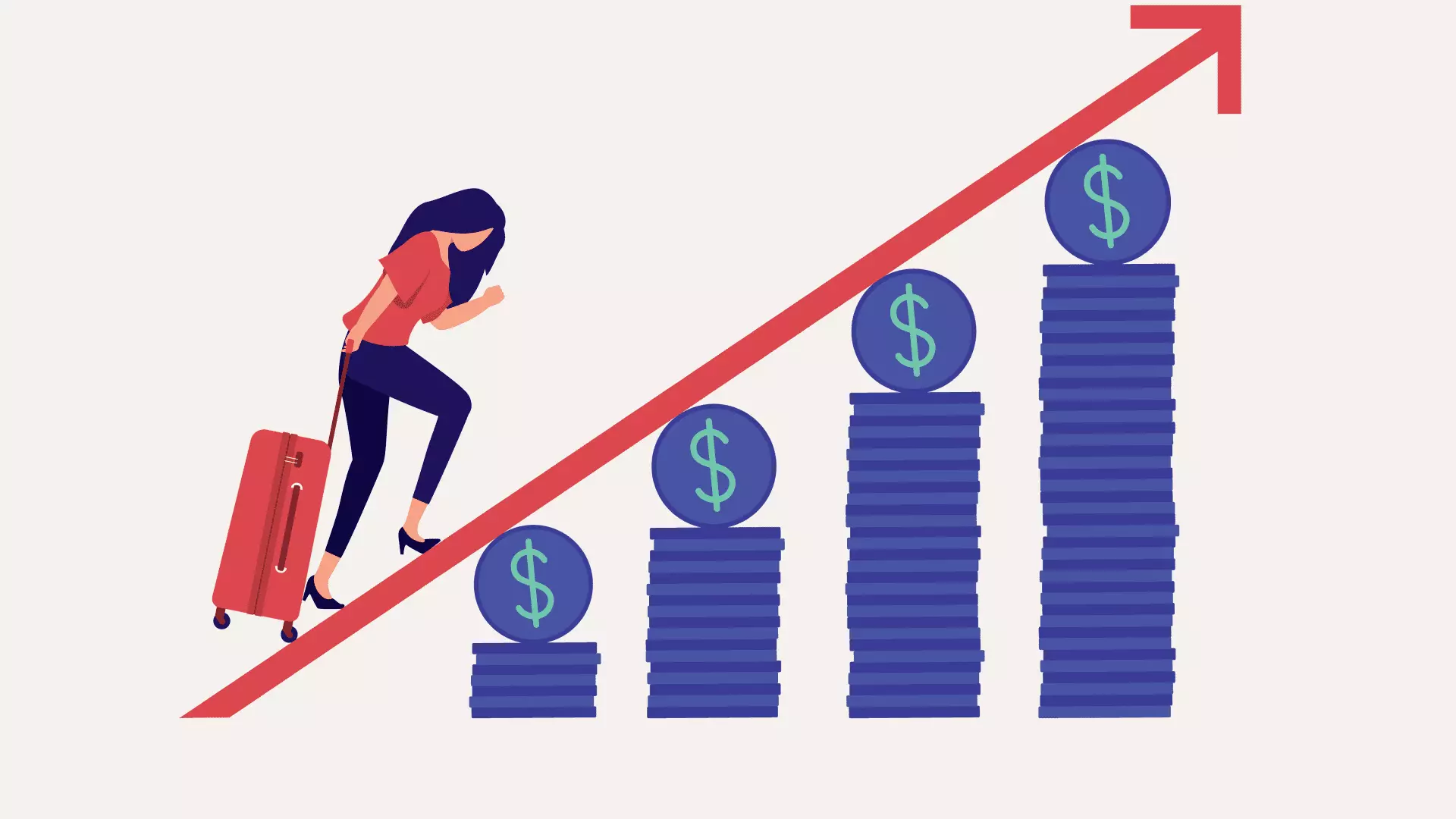As the aftermath of the pandemic continues to linger, a noticeable shift in the travel habits of Americans is being observed. After the surge in revenge travel and the depletion of pandemic savings, travelers are now reevaluating their summer vacation plans. According to Deloitte Insights, the number of Americans planning leisure trips this summer has decreased compared to previous years. The second-quarter earnings reports of major companies in the travel industry, such as Marriott, Hyatt, Wyndham, Airbnb, and Expedia, also indicated a weakening in travel demand for the year.
Deloitte’s survey of more than 4,000 people revealed that Americans are planning to take an average of 2.3 trips this summer, a decrease from the 3.1 trips planned in 2023. Furthermore, the number of individuals opting to avoid summer travel entirely has increased from 37% to 42%. Among the reasons cited for staying home, the most common one was the perceived high cost of travel. This sentiment has seen an increase of eight percentage points from the previous year.
A significant portion of respondents who do plan to travel expressed intentions to spend less. Shortening the duration of trips emerged as the most popular strategy to achieve this. However, there is a conflicting trend where 19% of respondents plan to spend more on travel this summer, down slightly from 25% in 2023. The rationale behind this increase in spending is primarily attributed to rising prices rather than a desire for more extravagant trips.
Sofia Baig, an economist at Morning Consult, noted a decrease in average spending on discretionary goods and services, including travel, clothes, and home furnishings. Particularly among Gen Zs and millennials, there has been a noticeable reduction in recreational spending, encompassing activities such as concerts and sports events. This shift is indicative of a broader normalization following the surge in revenge travel observed in previous years.
The younger generations, Gen Z in particular, have seen a significant impact on their spending habits related to travel. Despite entering adulthood amidst the easing of travel restrictions, younger adults are demonstrating a more cautious approach towards their travel expenditures. While they continue to invest in personal care products, restaurant dining, and alcohol, the allocation towards airfare and hotel accommodations has decreased.
Unlike previous generations who focused on long-term financial goals, younger travelers view travel as an essential component of their mental well-being. Social media influencers and the normalization of travel have played a significant role in shaping the attitudes of younger travelers. However, there is a recognition that while travel contributes to their overall wellness, it is not an essential expense akin to basic necessities like rent and groceries.
The landscape of summer travel in 2024 reflects a shift towards more deliberate and cautious spending habits among Americans. The aftermath of the pandemic has left a lasting impact on travel behaviors, with individuals reassessing the value and affordability of leisure trips. As the travel industry continues to adapt to these changing trends, travelers are likely to prioritize experiences that align with their financial constraints and overall well-being.

